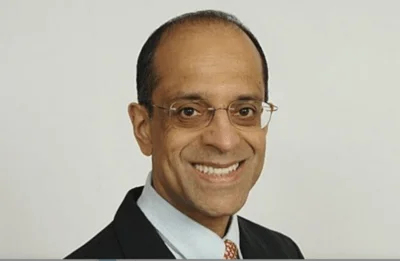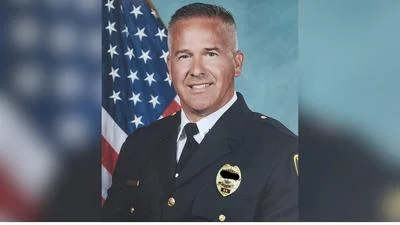Nov. 5, 1974 - Downers Grove. Firefighters search for victims after an explosion and fire at the Prentiss Creek apartments, the Chicago Tribune illustrates in a photo gallery of Downers Grover.
Nov. 6, 1860 - Washington, D.C. Abraham Lincoln becomes the 16th U.S. President and the first Republican. Capitalizing on “a deeply divided Democratic Party,” as History.com reports, Lincoln’s victory made possible his plans to end slavery. Although he captured only 40 percent of the popular vote, his 180 Electoral College votes were enough to carry the day, as HistoryPlace.com reports.
Nov. 7, 1837 - Alton. Abolitionist editor Elijah Lovejoy is attacked and killed by a pro-slavery mob. Described as an early example of violence against the media, this attack retaliated against the “anti-slavery editorials” Lovejoy began publishing at another paper in 1833, according to historians. After mobs destroyed his previous three printing presses, Lovejoy died defending his fourth machine in a gun battle.
Nov. 8, 1960 - Chicago. With alleged help from Chicago Mayor Richard Daley, John F. Kennedy captured the 35th presidency. Did a 30-minute time block on NBC purchased by Daley the Friday before the election help tilt the scales in favor of JFK? It may have, according to media historian Rich Samuels. The website Timelines of History says all 27 of Illinois’ electoral votes went for JFK, just four days after NBC broadcast footage of enthusiastic crowds interacting with the future president. “What viewers from coast to coast saw the night of Feb. 4, 1960, was Sen. John F. Kennedy at his best,” Samuels wrote.
Nov. 9, 1864 - Chester. A deadly tornado claims 20 lives on the night of President Abraham Lincoln’s re-election. This was a great night for Lincoln, who swept 212 electoral votes and 2.2 million popular votes, but a terrible night for Chester, which saw 20 deaths and half the town demolished. A Mississippi River ferry was literally blown to bits: the storm scattered the boiler and engines on a nearby bluff, while the hull remained intact. To this day, Chester, in Randolph County, is designated a very high risk for the cyclonic storms, according to Homefacts.com.
Nov. 10, 1879 - Springfield. American poet Nicholas Vachel Lindsay is born. Though he initially aspired to be a painter, he turned to poetry on a mentor’s advice, according to his biographical website. An itinerant whose many travels took him across the eastern half of the U.S., Lindsay’s first two books were titled “A Handy Guide for Beggars” and “The Tramp’s Excuse and Other Poems.” His most famous work, “General William Booth Enters into Heaven,” was composed in Los Angeles.
Nov. 11, 1887 - Chicago. Upon their convictions, the planners of the 1886 Haymarket Tragedy are executed. Eight police officers died in this riot, planned by champions of organized labor, and eight men were convicted of hatching the bomb plot, as the Officer Down Memorial Page says. (An additional officer, Patrolman George Miller, died later of his wounds.) The initial protest occurred May 4, 1886, and four were hanged as punishment, while one received 15 years in prison. Three received pardons from Gov. Altgeld in 1893, and another one escaped by detonating contraband dynamite in his cell before the hanging.





 Alerts Sign-up
Alerts Sign-up